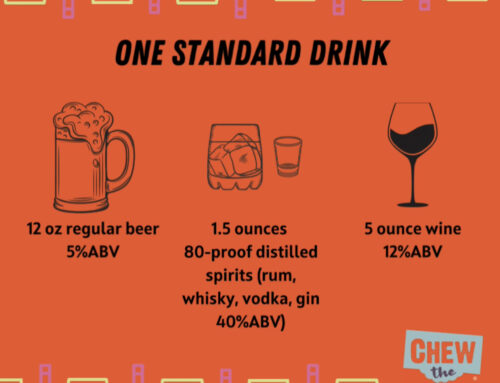Oh how things have changed. Or have they? When it comes to the field of nutrition, we are fortunate to have extensive research performed over the past two decades that makes a good case for diet’s relationship to disease. Heart disease, diabetes, and some forms of cancer have been correlated with diet over the years.
I was cleaning out some bins a few weeks ago, and I came across an interesting old copy of a supplement (October 1998) to The Journal of the American  Dietetics Association. It reviews the results from a panel of experts that convened in Boston in October 1997. Now, if you think back to 1997, we weren’t touting low carbohydrate diets (I’m still not) or talking about high fructose corn syrup, and I don’t even recall speaking about obesity at that time in terms of “epidemic.” But, this is the title on the 1998 journal cover: “The Obesity Epidemic: A mandate for a multidisciplinary approach.”
Dietetics Association. It reviews the results from a panel of experts that convened in Boston in October 1997. Now, if you think back to 1997, we weren’t touting low carbohydrate diets (I’m still not) or talking about high fructose corn syrup, and I don’t even recall speaking about obesity at that time in terms of “epidemic.” But, this is the title on the 1998 journal cover: “The Obesity Epidemic: A mandate for a multidisciplinary approach.”
The report includes topics such as:
1. The challenges of an ever-changing “jumbo” food supply
2. Opportunities for a multidisciplinary team to take action*
3. Obesity as a chronic disease – modern medicine and lifestyle management
4. Chronic care model for obesity
5. Pharmaceutical intervention
6. Behavioral counseling in obesity treatment*
7. Role of physical activity in prevention and management of obesity
8. Managing obesity in individuals with other coexisting conditions
9. The dietitian’s practice in multidisciplinary weight management
10. A mandate for a multidisciplinary approach (doctor, dietitian, psychologist)*
[*Unfortunately, Medicare chose not to take the multidisciplinary approach when they omitted registered dietitians and psychologists from their Intensive Behavioral Counseling bill last fall.]
Dr. James Rippe delivers the introduction in this journal, noting “from 1980 to 1990, the prevalence of obesity grew from 25% of the population to more than 33%”. He reports that while the obesity epidemic had been growing rapidly, the “good news is that health care professionals working in teams and led by physicians and dietitians can dramatically improve the lives and health status of persons with the chronic disease of obesity.” Sounds good to me. As a dietitian who had the opportunity to work within a multidisciplinary team at a HMO in the early 1990s, I can attest that this approach works. The key to our success was simply that we were housed in one office building. That is, the doctor could see the patient, and then refer her to the dietitian right down the hall. The health care team was in close communication because it was easy to do so. I guarantee you that overweight individuals who meet regularly with a registered dietitian lose more weight than those who do not get this opportunity, or perhaps only get brief advice at a physician’s visit. As the journal review explains, “obesity is a chronic disease that is typically undertreated”. Unfortunately, 15 years later, we’re still undertreating.
So how did we get to a point where we have set aside the dietitian’s and doctor’s professional opinion? In some cases, the public doesn’t seek professional help and instead listens to self-proclaimed food and diet “experts” blaming high fructose corn syrup or wheat for our obesity problem. You can also expect to hear more about GMO’s (Genetically Modified Organisms, or foods made from them) in the future, as they’ve been under fire for causing potential health problems even though there’s evidence that they’re safe. There seems to be a trend to cast science and well-controlled studies aside, and instead embrace emotional conclusions drawn from very little information. It’s this confusion that draws negative attention to products like high fructose corn syrup and other foods or ingredients as the supposed cause of obesity.
Sharon Dalton, a registered dietitian and associate professor in nutrition at New York University at the time, stated in the 1997 report that a “professional philosophy of weight management addresses questions about the social, psychological, and biological spectra of weight management.” In layman’s terms this means: It’s not easy, and there’s not a one-size-fits-all solution to controlling obesity. It’s an individual’s choice to reduce the amount of food, beverages, and calories he eats, but obese individuals would be better served if our health system provided them with easy access to proper care so they could be well-informed instead of misinformed. Demand this service! Ask your doctor to refer you to a registered dietitian who can personalize your dietary needs.
I serve as a nutrition consultant to the Corn Refiner’s Association but my opinions are my own.




